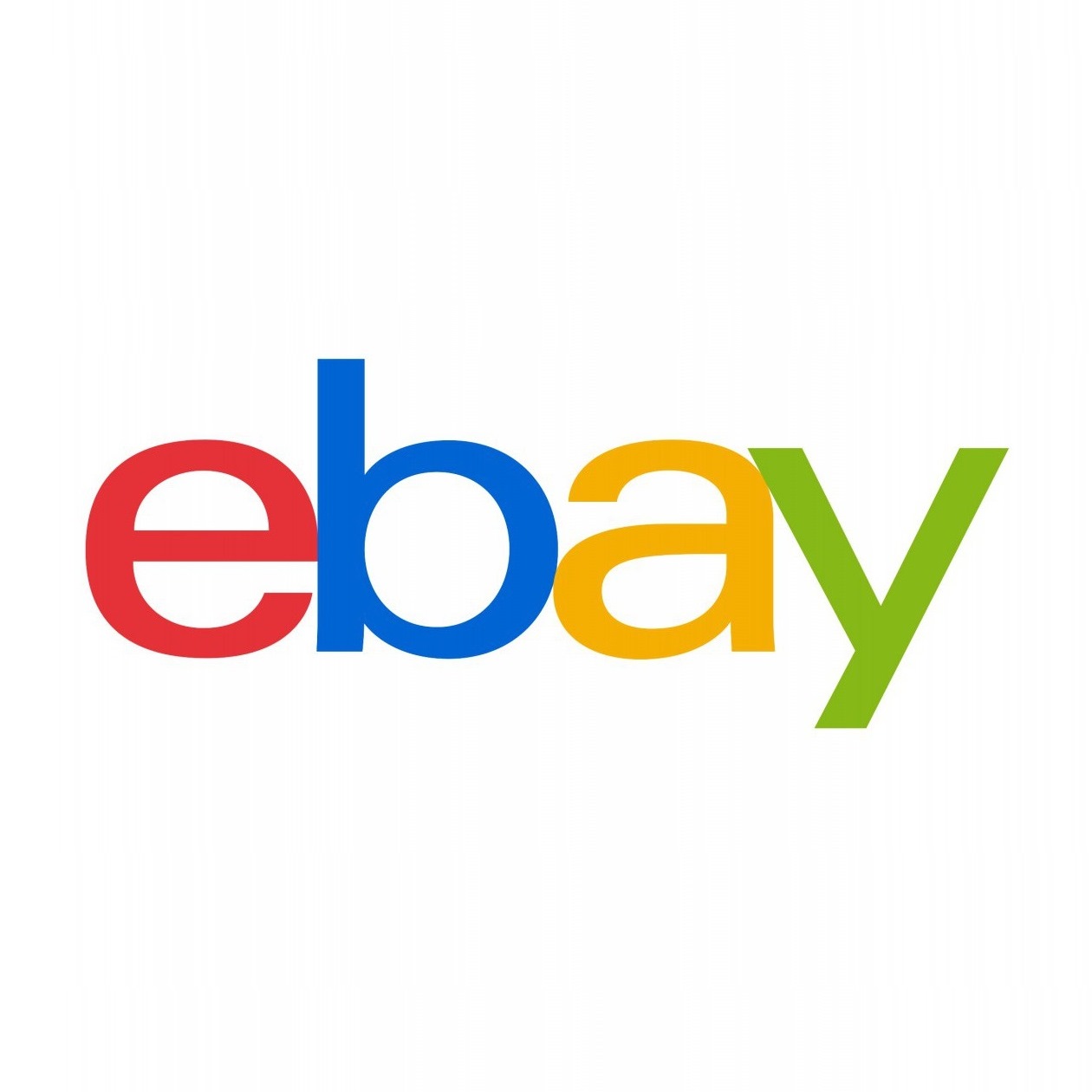
Sales of counterfeit items on online marketplaces like eBay Inc. (NASDAQ: EBAY), Amazon.com Inc. (NASDAQ: AMZN) and Alibaba Group Holdings Ltd. (NYSE: BABA) has been and continues to be a source of irritation (at least) to the companies, the manufacturers of the fake goods and to the consumers who buy them.
According to The Counterfeit Report, a website that searches out fakes and reports the items to the e-commerce websites, “eBay is proving to be an ideal platform to distribute counterfeit goods — an activity that is profitable, difficult to track and widely unpunished.”
The Counterfeit Report claims that it has identified more than 2.8 million counterfeit items at eBay and reported more than 1.9 million to the company for listing removal on behalf of trademark holders. The Counterfeit Report purchased and received more than 2,300 products from eBay sellers, all of which were fakes.
What more should eBay do to stamp out the sale of fakes by its Marketplace sellers? Again, according to The Counterfeit Report:
- Deceived eBay buyers should be told by eBay that they have received a fake item and that buyers may be entitled to a refund.
- eBay’s seller profiles should include the seller’s history of counterfeit product sales, if any.
- eBay could take a tougher stand against previous offenders who relist the same or other fake items for sale.
From a consumer’s point of view, getting duped by sellers of fake memory cards can do more damage than just the cost of the fake goods. And some consumers could be victimized by buyers of fake law enforcement badges or credentials.
The Counterfeit Report believes that eBay could do more to stop the counterfeiting it enables, but wonders if the e-commerce giant has the will to do so? Good question.
Get Ready To Retire (Sponsored)
Start by taking a quick retirement quiz from SmartAsset that will match you with up to 3 financial advisors that serve your area and beyond in 5 minutes, or less.
Each advisor has been vetted by SmartAsset and is held to a fiduciary standard to act in your best interests.
Here’s how it works:
1. Answer SmartAsset advisor match quiz
2. Review your pre-screened matches at your leisure. Check out the advisors’ profiles.
3. Speak with advisors at no cost to you. Have an introductory call on the phone or introduction in person and choose whom to work with in the future
Thank you for reading! Have some feedback for us?
Contact the 24/7 Wall St. editorial team.




